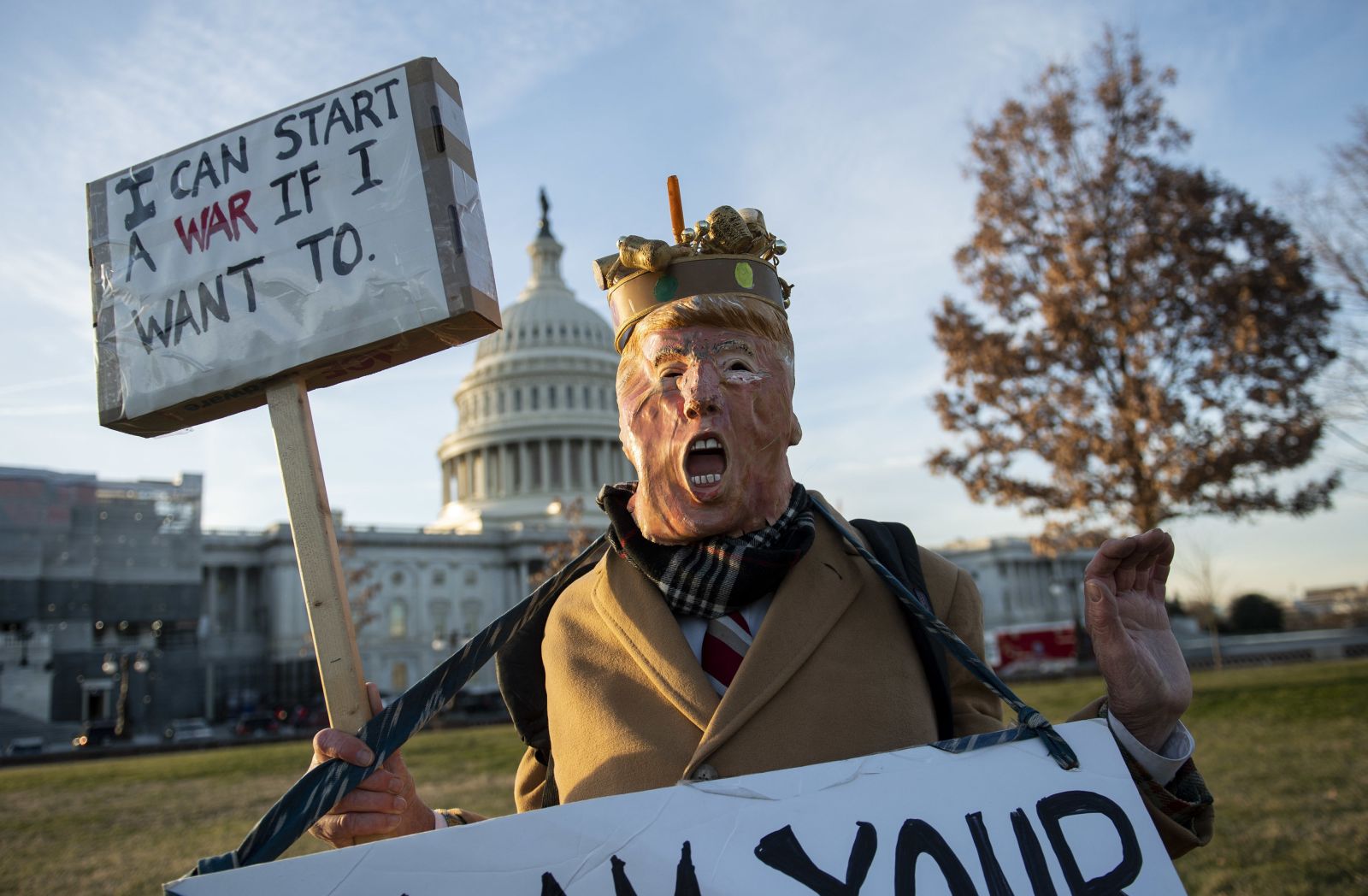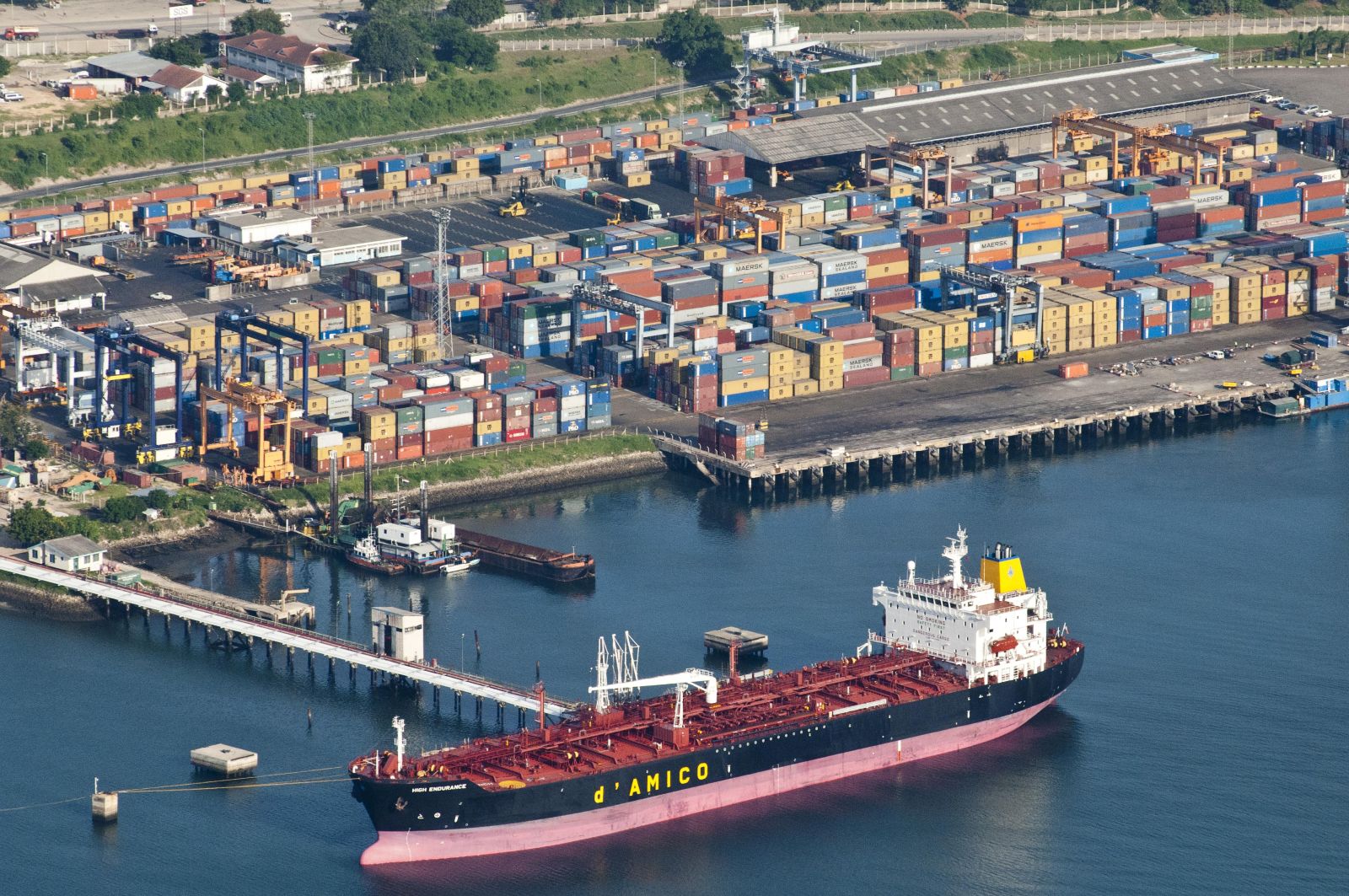Nuclear Deal
Protecting the Iran deal from Donald Trump
“European Union, Iran, China and Russia have set out a plan to sidestep unilateral US sanctions designed to cripple the Iranian economy and force the Iranians to renegotiate the nuclear deal signed in 2015. European diplomats hope the proposed measure – known as a special purpose vehicle (SPV) – will help persuade an increasingly reluctant Iran to stay inside the deal in the hope of rescuing its economy. Speaking on the sidelines of the UN general assembly in New York, Federica Mogherini, the EU external-affairs chief, said the SPV was designed to facilitate payments related to Iran’s exports – including oil – and imports, as long as the firms involved were carrying out legitimate business under EU law.”
This is good news. Reliability is extremely important in internationally affaires, especially when dealing with partners who are not allies. The way US President Donald Trump’s administration has turned away from the nuclear deal with Iran is irresponsible. The main reason Trump indicates is that Iran is not fulfilling many demands beyond freezing its nuclear programme. The point of the deal, however, was to freeze that programme. It is impossible to have any exchange in good faith if one party keeps adding demands.
It bears repetition, moreover, that Washington’s tendency to blame all kinds of Islamist terrorism on Tehran is not grounded in facts. Iran’s Shia regime has always been hostile to a range of Sunni extremists – from the Taliban to Al Qaida and most recently ISIS, which recently even attacked a military parade in Iran. As far as I know, Iran has indeed supported Hamas and Hizbollah, but that does not make Tehran the hub of all kinds of Islamist terrorism.
Mogherini’s statement at the UN should not be read as the EU now being aligned to Russia and China in general. The matter is more nuanced. Like the EU, Russia and China ware partners in the Iran deal. In contrast to the USA, they want to keep it alive. Tehran, moreover, is willing to keep it alive too – but its government has argued that it will not adhere to it if it suffers economic sanctions.
The international community has an interest in containing nuclear proliferation. The Iran deal serves that purpose. Finding a way to protect business partners of Iranian companies or state institutions is therefore necessary. The EU must act unless it wants to lose trust internationally. In view of escalating trade disputes and Trump’s hostile approach to multilateral agencies, the EU hast to take sides in a way that proves that it is determined to fulfil past agreements.
Trump’s approach to nuclear proliferation is bizarre, to put it mildly. He wants sanctions re-imposed on Iran even though Tehran has been true to the nuclear-freeze pledges. At the same time, he is happy to make concessions to North Korea, the dictator of which so far has spoken of denuclearisation, but has done nothing to dismantle existing nuclear arms. Trump’s stance is not only unorthodox, it is also unconvincing in terms of any real accomplishments. The anti-terrorism alliance he forged in Saudi Arabia last year resulted in Qatar being ostracised by its Arab Gulf neighbours. Qatar depends on cooperation with Iran to exploit gas fields, but is also a close ally of the USA.
There is a reason why UN leaders giggled when Trump told them yesterday that hardly any previous US administration had achieved as much as his in its first two years. It is ironic that this is precisely the president who complained about all of the world was laughing at the USA when his predecessor was in office. The truth is that people laughed when Obama made a joke, but he was never publicly derided in this way at any major international event. Leaders did not necessarily like him, but they knew that he would keep his word.











